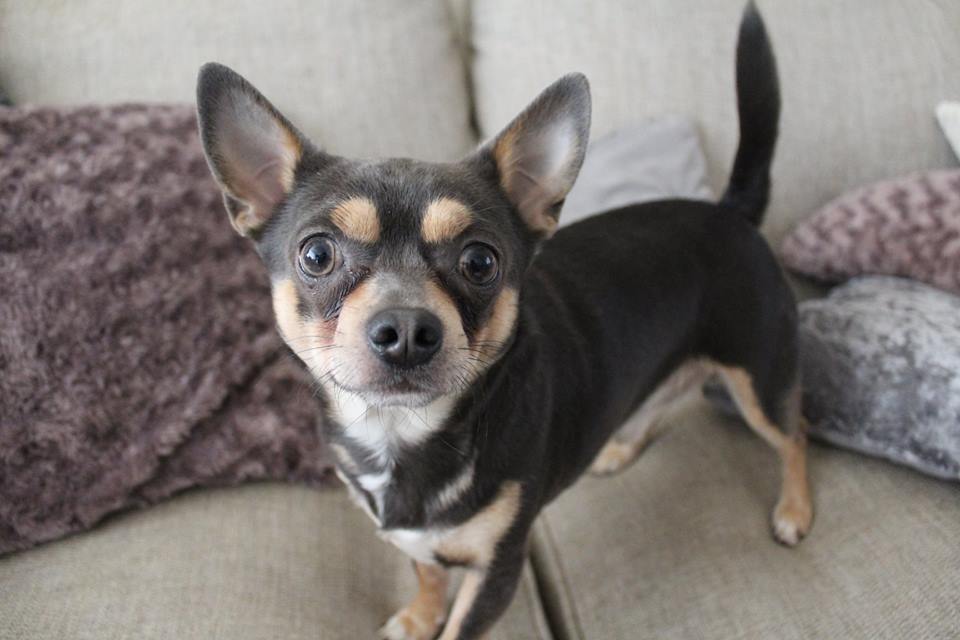Blog Layout
Puppy training- top tips - welcome
Ms Dolittle • Jun 17, 2020
Dog training has changed. The old 'domination' method where the owner proves he is boss by dominating the dog, has thankfully gone. In its place is a more reasoned approach where the dog learns by cause and effect: you reward a positive behaviour and the dog wants to repeat it.
Training a puppy is a game of consequences. Modern training methods use the knowledge of how a dog's mind works, whereas traditional training relies on the outdated theory of pack dominance.
Dominate or Reward?
Before discussing reward-based training, let's clear up a few things. Older training methods assume modern dogs are descended from a pack animal, the wolf, and therefore a dog is most obedient when answering to the pack leader (you!)
However, this idea is flawed. Firstly, most dogs are so far removed from their wolf ancestors that this analogy is equivalent to comparing humans to apes. Secondly, research has shown wolf packs behave much more like a family, than previously thought. They cooperate with one another, share resources, and work together rather than have a strict hierarchy.
In recent years it has become obvious that puppies (and indeed dogs) learn through a game of consequences, where an action followed by a good outcome, is more likely to be repeated.

by Ms Dolittle
•
17 Jun, 2020
To understand reward-based training, it helps to understand a puppy's mind at work. A puppy learns about the world in order to understand which actions benefit him and which are potentially dangerous. In his mind, a puppy divides experiences into three groups: Good Bad Indifferent
© 2018. The content on this website is owned by us and our licensors. Do not copy any content (including images) without our consent.



























